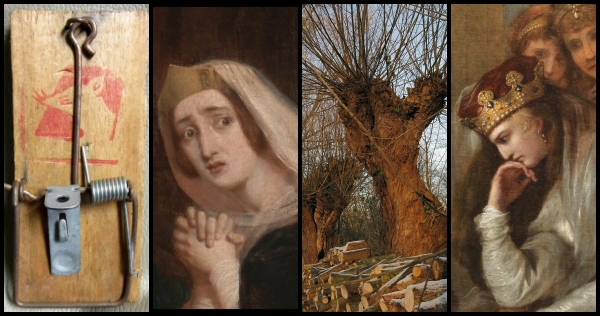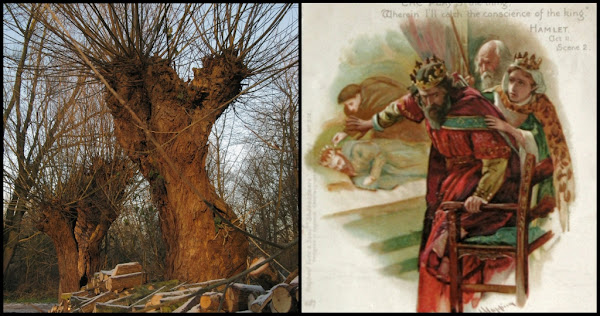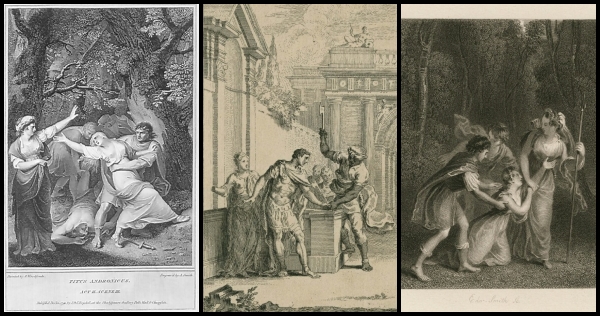Holy Saturday and Harrowing of Hell in Shakespeare and Christianity

Today is Holy Saturday, traditionally a day Jesus spends in the underworld, the “Harrowing of Hell,” referenced in the Apostles Creed: “He descended into hell,” or “to the dead.” Ancient sources claimed that after his death, Jesus went to the underworld to free the souls of the just, all who died in faith before the life and death of Jesus. The use of the word “harrowing” has old English roots [1]. Shakespeare parodies a medieval Mystery play based on the harrowing of hell in the porter scene of Macbeth [2] [3]. He uses the word “harrow” three times, once in Coriolanus, and twice in Hamlet, first by Horatio (1.1.51), and second, by the ghost (1.5.21). Some might claim that this was quite nice of Christians. Although to them, salvation and eternal life are only through Christ, how generous to say that Jesus descended to the dead to free the souls of the just. How inclusive. But this warrants greater scrutiny. The Christian claim that eternal life can only be obtained through Christ is






